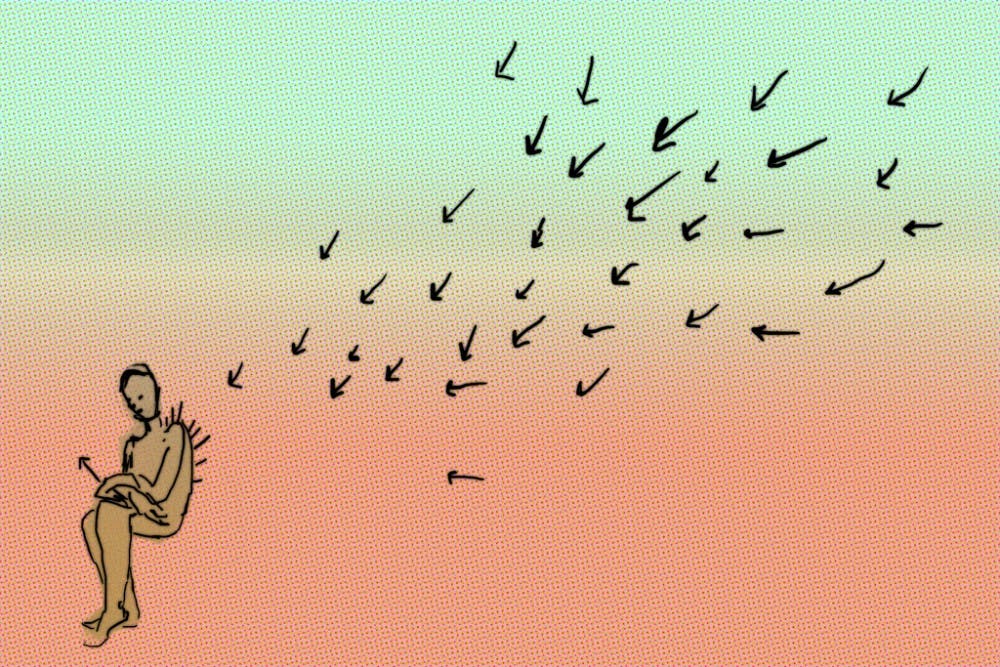If you’ve ever been told that you only got into a college because of affirmative action, asked where you were born despite being American or were served after others deliberately at a restaurant, then you’ve experienced a microaggression — a comment or action that subtly and often unconsciously expresses a prejudiced attitude toward a member of a marginalized group.
Microaggressions are difficult to recognize because the person often doesn’t fully grasp how harmful the insult they have dealt is and the the impact it has, said Aaron Epps, president of The Black Student Movement.
“Microaggressions can affect minority populations’ mental health because they end up internalizing the disdain of the dominant community,” Epps said. “That puts the responsibility onto the people who are being oppressed and not onto the people who are oppressing, since they don’t realize why what they said was hurtful.”
UNC is a predominantly white institution, with over 60 percent of the student population identifying as white.
“There is a disconnect or an ‘othering’ and that othering automatically makes you less than that person dealing out the microaggression,” Epps said. “Someone might think, 'Oh, they’re less intelligent,' or treat their opinions as less valuable because of their gender or skin color.”
Minority groups aren't the only populations affected by microaggressions. Certain religious groups, LGBTQ+-identifying students and genders are as well.
“When I played tennis, people would look at me funny or ask why I was wearing layers of clothing when it was 80 degrees out,” said Sana Mohiuddin, a member of UNC’s Muslim Students Association. “When I explained that it’s because I’m Muslim, they would assume I was Arab even though I’m not.”
Mohiuddin said people often tell her to her face that all Muslims are terrorists or ask her things like ‘what kind are you.’ Statements like these perpetuate degradation of the Muslim religion and promote the continuation of false harmful stereotypes that will only create further problems for Muslim Americans in the future, she said.
Many minority and religious student-led organizations on campus recognize the presence of microaggressions since their members face them on a daily basis, and they work to educate and inform their members about ways of dealing with them.




